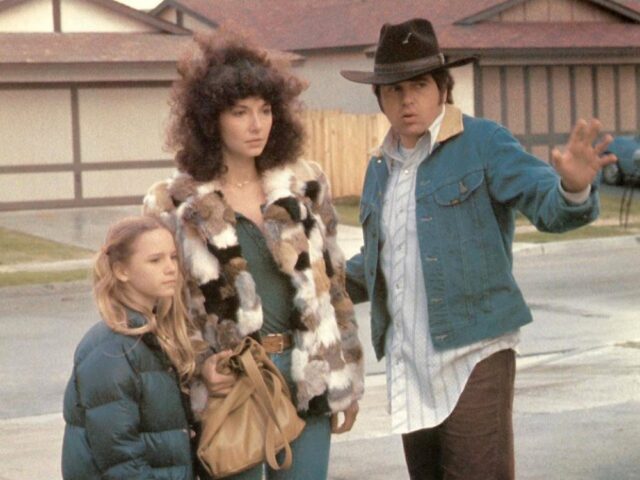Monday Movie: Melvin and Howard, by Alexander Miller

Every Monday, we’ll highlight a piece of writing from our vaults. This review of Melvin and Howard originally ran as a Criterion Prediction.
Jonathan Demme might be the celebrated director of thrillers like The Silence of the Lambs and Something Wild but his gentle and sympathetic comedic drama Melvin and Howard is easily some of his best work. It’s a contemporary American fable and a true story that is (in the best tradition) stranger than fiction, with a subject – Hughes – whose own story is beyond belief. There are plenty of directors out there who could have told this story competently, but Demme handles it expertly, showcasing his ability to evenly delineate both the mundanities and eccentricities of everyday existence with warmth and humor. Instead of extracting the menial activities of family life (watching TV, working, etc.) in favor of more exciting moments with limp interludes of connecting tissue, Demme and screenwriter Bo Goldman opt for inclusive narrative fluidity. The banalities become fascinating and the highlights and dramatic crescendos ring out with supplementary resonance.
It would be easy to treat the ne’er-do-well life of Melvin Dummar with condescension but Melvin and Howard isn’t the type of film to patronize its subjects. The dimensional sense of realism involves us in cheering on Melvin and his steadfast belief in the pursuit of happiness and the American dream. Even his capricious first wife Lynda and her pinnacle performance on a TV game show is utterly absorbing; we want the Dummar family to enjoy a taste of success so badly that despite her unremarkable tap dancing and silly garb, we cannot bring ourselves to patronize these people. Although star Paul Le Mat enjoyed a busy career, it’s a shame headline success alluded him because his range is substantial and subtle.
Despite being in the movie for a short period, Jason Robards’ portrayal of recluse Hughes looms over the entirety of the film and his gravelly timbre makes his singing of “Bye Bye Blackbird” and of course Melvin’s own concoction “Santa’s Souped-Up Sleigh” leave a sustained impression. The moment has a profound effect on Melvin as well; after all, he sang his song, which is more comforting to our protagonist than inheriting his fortune. The cruel irony of the story might seem pessimistic but the conclusion is somewhat hopeful, dodging the frequently dour tone that permeated American film at the time.






























